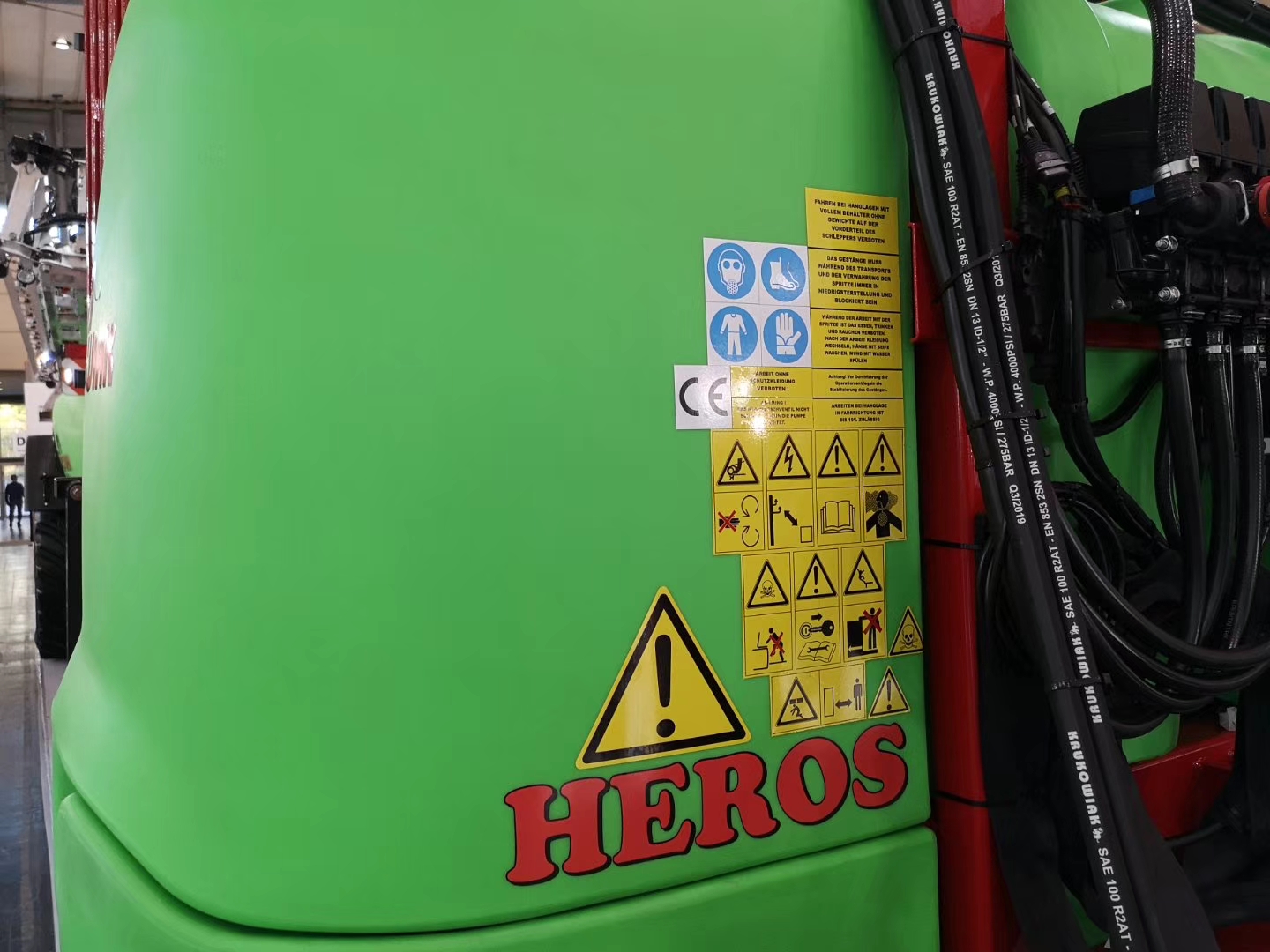Views: 0 Author: Site Editor Publish Time: 2024-08-15 Origin: Site









In the bustling world of construction, compliance is not just a buzzword; it's a crucial aspect that ensures the safety and efficiency of operations. One often overlooked, yet significant component of this compliance is the use of proper label materials. Whether it's for construction equipment or automotive labels, the right label materials play a vital role in maintaining adherence to industry standards and regulations.
Construction equipment is subjected to harsh environments, including extreme temperatures, moisture, and abrasive conditions. This makes the selection of durable label materials essential. Labels on construction equipment provide critical information such as safety warnings, operating instructions, and maintenance schedules. If these labels deteriorate or become unreadable, it can lead to serious safety hazards and operational inefficiencies.
High-quality label materials ensure that the information remains legible and intact throughout the equipment's lifecycle. These materials are designed to withstand the rigors of the construction site, providing a durable and reliable means of communication. From heavy-duty adhesives to UV-resistant coatings, the right label materials can make a significant difference in maintaining compliance and safety standards.

Just like construction equipment, the automotive industry also relies heavily on durable label materials for compliance. Automotive labels must endure a variety of environmental factors, including heat, oil, and mechanical wear. These labels often contain vital information about vehicle components, safety instructions, and regulatory compliance details.
The parallels between automotive labels and those used in construction equipment are striking. Both require materials that can withstand tough conditions while remaining readable and intact. The use of advanced materials such as polyester, polycarbonate, and specialized adhesives ensures that these labels perform their function without fail, contributing to overall safety and compliance.
The field of label materials is continually evolving, with innovations aimed at enhancing durability, readability, and environmental resistance. For instance, advancements in printing technology have led to the development of labels that can resist fading, peeling, and other forms of degradation. Additionally, the use of eco-friendly materials is gaining traction, providing sustainable options without compromising on performance.
These innovations are particularly beneficial for construction equipment, where labels are exposed to some of the harshest conditions imaginable. By investing in high-quality label materials, companies can ensure that their equipment remains compliant with safety and regulatory standards, ultimately protecting their workers and their bottom line.

In conclusion, the importance of label materials in maintaining compliance for construction equipment cannot be overstated. These seemingly small components play a critical role in ensuring safety, efficiency, and adherence to industry regulations. By choosing the right label materials, companies can safeguard their operations and contribute to a safer working environment.
Whether it's for construction equipment or automotive labels, the durability and reliability of these materials are paramount. As technology continues to advance, the options for high-performance label materials will only expand, offering even greater protection and compliance assurance for industries worldwide.
